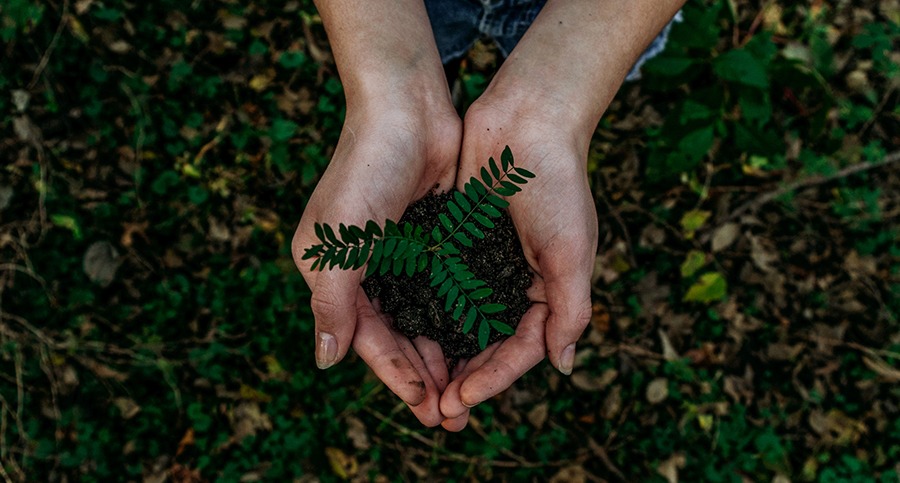For Australians on a day trip to the bush, there are many alternatives to buying bottled water. For instance, using reusable bottles, and refilling with tap water is one. After all, Australia has one of the safest and cleanest tap water available. In many other countries though, drinking tap water is not a safe option. However, using portable water filter bottles easily solves this problem.
Why portable water filter bottles are a must-have for your trip
There are many benefits to ditching bottled water for reusable bottles with a portable water filter. From ecological to economical, here are five reasons why they are a must-have for your next trip.
1. Portable water filter bottles reduce your carbon footprint
Despite having easy access to safe drinking tap water, a large number of Australians still prefer to buy bottled water. More often than not, bottled water is packaged in one-off throwaway plastic bottles. When added to the growing global consumption of bottled water, we get the current global plastic pandemic.
Plastic water and beverage bottles are the dominant pollutant, along with straws, plastic bags, cigarette butts, and food wrappers. Around 93% of these plastic waste washes out into the ocean, harming marine life.
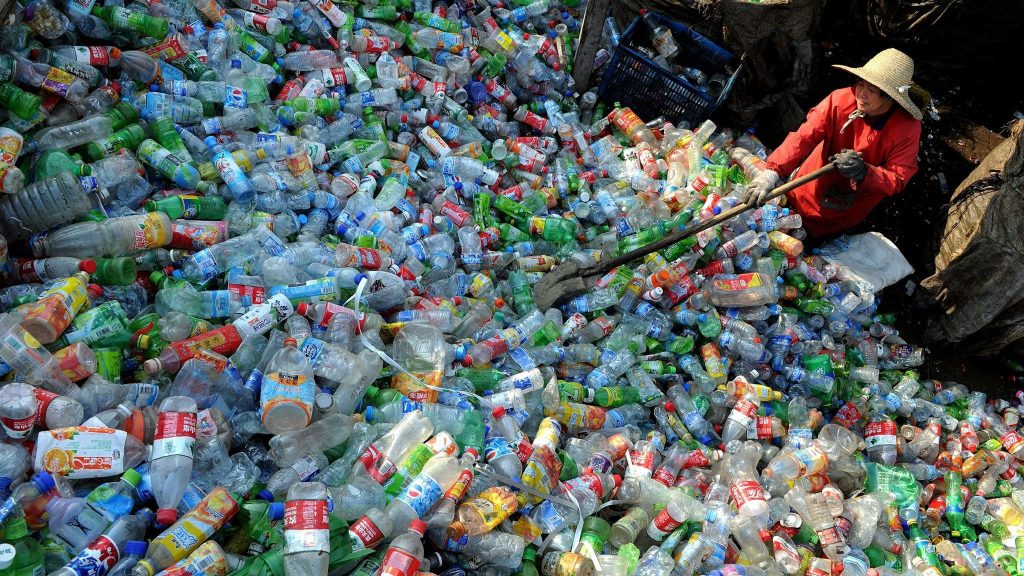
Of the one billion plastic bottles consumed in Australia annually, only 13% are recycled. When plastic bottles are not recycled, they are sent to landfills taking up to 1,000 years to decompose.
2. Portal water filter bottle cuts health risks
With much of the plastic manufactured ending up in the ocean, it is now entering the food chain. Consequently, finding its way into what the we eat, drink and even breathe. According to the findings of a recent study, we ingest 50,000 particles of micro-plastic a year. We also breathe in a similar quantity.
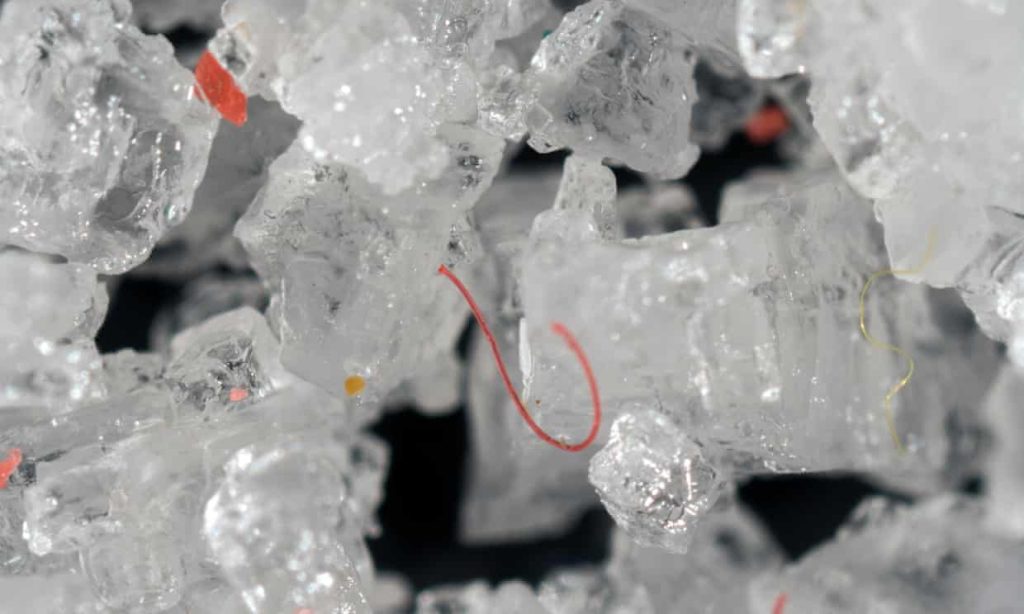
Chemicals leaching from plastic bottles are also a health risk. Recognising this, some companies have stopped using bisphenol A (BPA) in their products altogether.
However, these companies now use bisphenol S (BPS) as a substitute for BPA. Research have found BPS to be as harmful as BPA, if not more. In particular, BPS negatively impacts reproductive systems, and the brain regions that control reproduction.
3. Portable water filter bottles are great for off the beaten tracks
Water purification methods have been on the market for quite some time, targeting the bush walking and remote camping market. Purification methods include easily purchased tablets. Of course, boiling questionable water for 3 to 5 minutes prior to cooling and drinking is also an option.
The water purification market has since expanded to include instant personal filtration systems. This comes as great news for those looking to travel light and venture off the beaten tracks.
Today, personal water filters are compact. In fact, they are no different in size to a single water bottle. Once filtered, the water is instantly drinkable. For travellers on-the-move, these portable water filters mean they can easily fill up from any available water source, and go.
4. Portable water filter bottles are varied to match your lifestyle
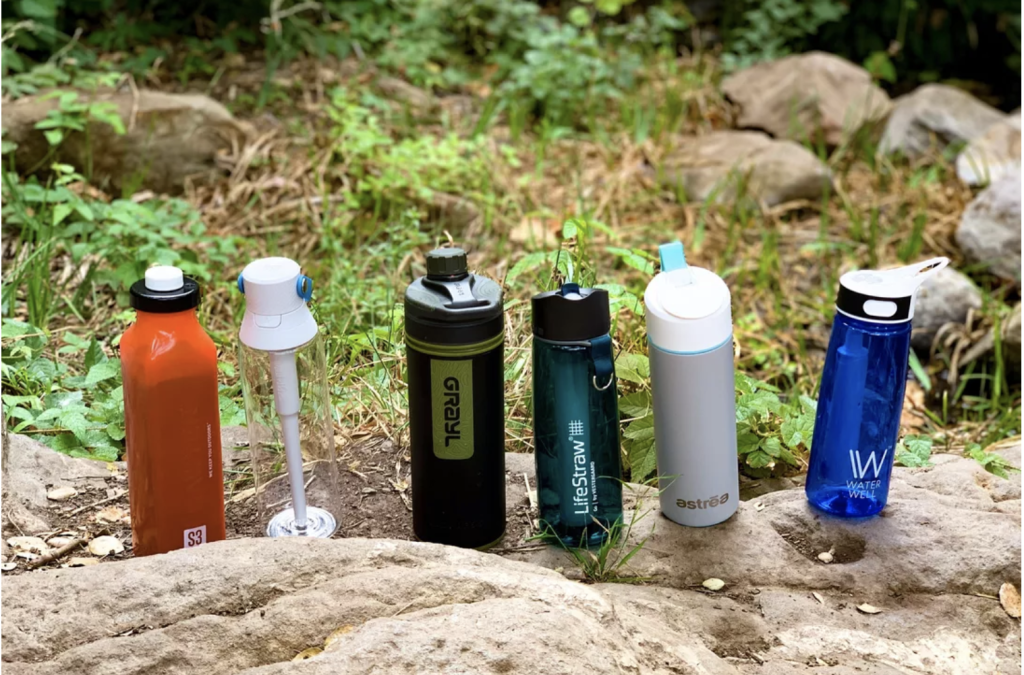
Life Straw – this product started as a stand-alone item. You drink water through a straw directly from a stream or cup. Life Straw have since evolved to a water-bottle style. This time, putting the straw within the bottle itself. It’s a great option when it is just you using the filter and you need only one bottle capacity.
The Grayl – This option uses a similar filter as Life Straw. You fill The Grayl water bottle to the required level. Then, you press the filter through the water, after which you can consume the water immediately. The advantage is that you can filter the water in the single bottle. And also fill up extra water bottles for yourself or travelling companions.
Epic Water Filters – Epic offers a similar product to both of the above in a Nalgene BPA-free bottle. Their product is 100% replaceable, 100% recyclable, and 100% BPA-free. (It can be recycled with hard to recycle plastics or #7 plastics).
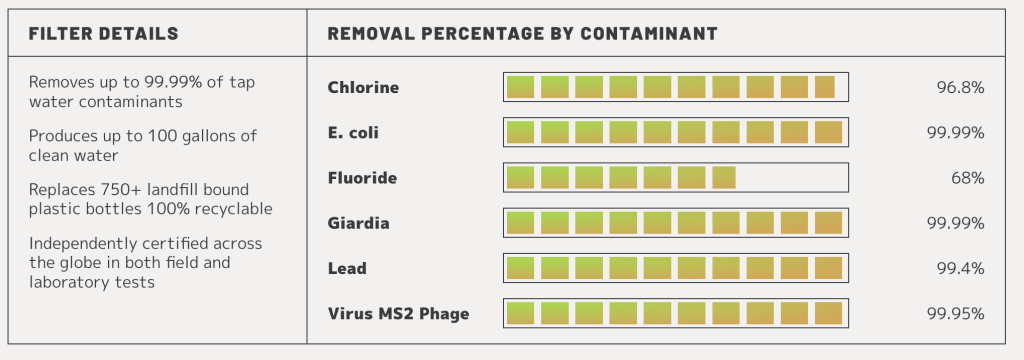
More and more products are being created due to demand. Here is a review of eight products currently on the market. Be sure to choose one that has easily replaceable and available filters.
5. Portable water filter bottles are easy on your wallet
Refilling a portable water filter bottle with tap water is by far the most cost effective way to stay hydrated. Based on eight glasses of water a day, tap water will cost you less than $1.50 a year. That’s a massive savings compared to a whopping $2,600 for bottled water.
Travel green with portable water filters
With clean and safe tap water available at home, Australians shouldn’t rely on bottled water in single-use plastic. Even when travelling to a location where the water quality is questionable, there are still alternatives.
Innovations in water filtration systems have produced eco-friendly solutions on all scales. Take for example the hotels in the Singita chain (South Africa, Rwanda, Tanzania, and Zimbabwe). They filter and sterilise local groundwater through a process that uses ultra-violet light. And from there, they are able to offer their guests distilled and sparkling water on-site.
On a personal scale though, all you need is a trusty portable water filter bottle. Choose one that fits your travel agenda. And be assured of safe drinking water wherever you travel to. With all the great benefits they bring, isn’t it time you got one for your next trip?
“We are being choked to death by the amount of plastic that we throw away. It’s killing our oceans. It’s entering into our bodies in the fish we eat.”
– Kevin Bacon, actor
Learn more about how to reduce your plastic consumption at home.
Thrivability Matters
SDG-12 demands that we all reduce our ecological footprint. Manufacturing plastic consumes vast quantities of water and other resources. And creates unnecessary and wasteful product that is ruins both our globe and individual health. We must all immediately change the way we produce and consume products. It is the only way to make an enormous difference to our survival on this planet.
At THRIVE, we’re actively involved in spreading the latest research and information about sustainability and our progress towards the UN’s 2030 Agenda. We produce regular newsletters, podcasts, blogs and conduct monthly webinars on a range of topics that relate to the Sustainability Development Goals. If you’d like to find out more or join us in our quest for a ‘thrivable’ future, visit our website and sign up for our news.
GET THRIVABLE TODAY























